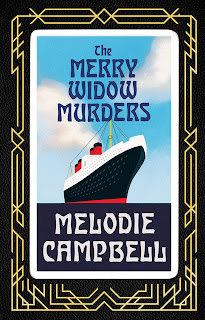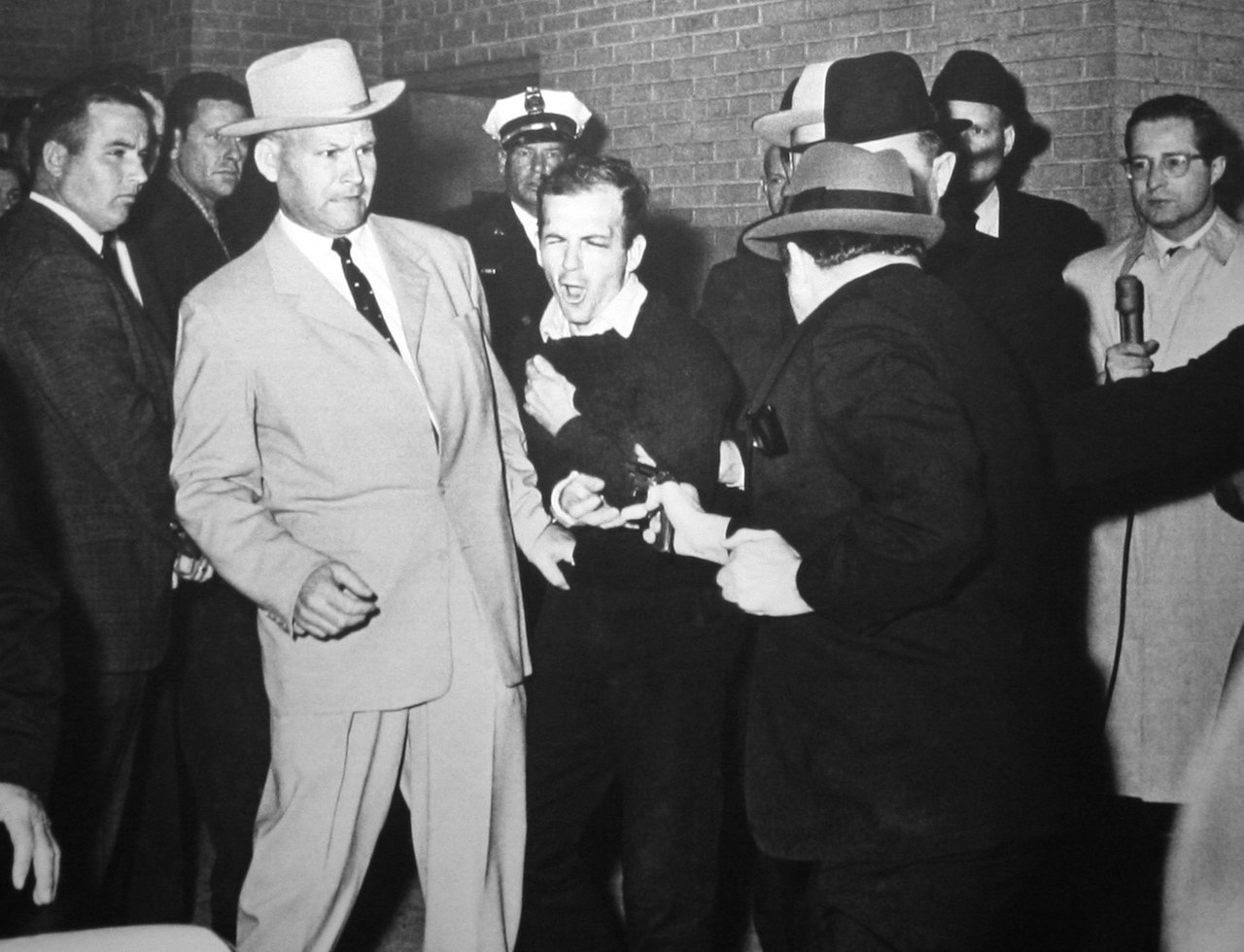So, they cancel Doctor Blake, leaving a lot unresolved. There may have been good reasons for it, in the real world, but given the interior reality of the show, it was hugely disappointing. Craig McLachlan left under a cloud, and you can’t lose your lead actor, and then try to paper it over by pretending the character abandoned his life and livelihood, turning his back on everything we knew him to value. It’s insulting. Everybody who watched Bonanza knew Dan Blocker had died. The writers didn’t have to conjure up a phony exit for him – Hoss fell down a well? – when the audience had already skipped ahead to the end.
The point about Blake is that they got caught on the back foot, as I understand it. They tried cobbling something together, and it didn’t work, in spite of the best efforts of Nadine Garner, a marvelous actress put in an awkward situation. I had much the same response when The Coroner wasn’t renewed after its second season; I was distressed when Island at War didn’t continue. I had an investment in those characters.
What’s
a girl to do? I’ve watched all the
current episodes of Death in Paradise,
and I’m biting my nails waiting for Bosch:
Legacy to pick up where they left off – horrific cliffhanger this past season. There’s a good
To the rescue comes Candice Renoir, a French policier, streaming on Acorn. (BritBox and Acorn are both available as add-ons with Amazon Prime. Worth it.) The premise is a working mom, four kids, back in harness running the small major crimes unit in a lesser Mediterranean port city, not so fashionable as Nice or as mobbed up as Marseille. Her immediate superior, the commissaire, is a younger career woman, chilly and ambitious, her second-in-command is the guy who should have gotten the job, and resents her taking over. Then there’s the good-looking neighbor, and the ex floating around, and the cute undercover cop in the next office, and so on. I know. It sounds like a truckload of clichés, or just too cute for school. However. What could be annoying and generic is actually charming and original.
The chief asset is the casting. Cécile Bois, in the lead, sells it from the get-go. I didn’t know her from a hole in a ground. She was forty and a little when the show premiered, and she presents at first as slightly Barbie, but it’s protective coloration. Close behind are the other cops on the team, and the kids who play her family. The trick, of course, is to make this convincing in a few bold strokes, because it’s essentially a situation dramedy. The kids are attitude, and a quick pose; so are the cops, for that matter. The characterizations aren’t that deep – you have to take them on faith – but they get spikier, and more unexpected, as the relationships develop.
The crimes are a mixed bag, not always really ready for prime time, and the police work is sometimes perfunctory and not terribly authentic, quite honestly. I don’t know that this is that much of a weakness. The show is character-driven, but when the plotting is ingenious (and it is more often than not), that emphasizes the strength of the character dynamics.
There is one technical fumble that’s odd. The show is broadcast in French. The subtitles lag slightly behind the audio, so an English speaker is always playing catch-up, and sometimes the dialogue is too fast and clever. It helps to have a little half-remembered high school French, although the slang is well beyond what I remember from high school. Quel bêtise.



.jpeg)






















